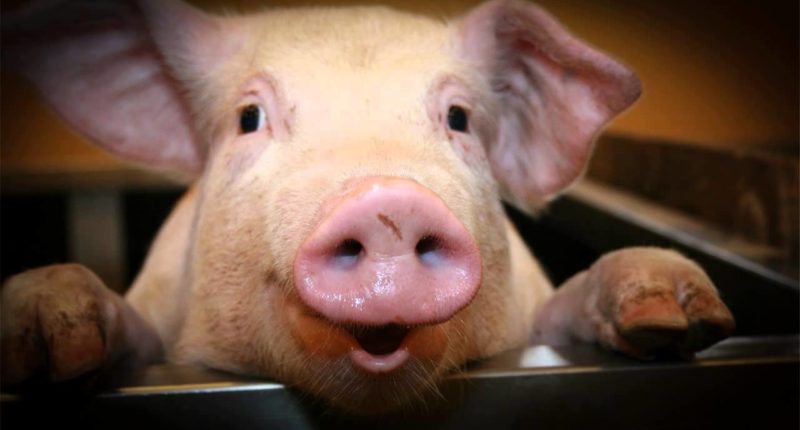China yesterday announced a nationwide ban all imports of pork products from Germany.
Earlier in the week, Berlin confirmed the European nation’s first recorded case of African swine fever after tests on the carcass of a wild boar.
Authorities in Germany suspect the boar moved into German territory from Poland to the east where large numbers of the same animals have been found to be infected.
Prior to the announcement, German pork products ranked third in terms of volume imported by China – a nation with its own recent record of fighting the same virus.
After announcing the ban, however, it is understood suppliers across North America, elsewhere in Europe, and even in Brazil may be making moves to fill the void left by German pork.
Germany had previously exported around 158,000 tons of pork to China – the world’s largest consumer – in the four months between January and April, a number twice as high as a year earlier, as China’s own production rates dipped 20% in the first half of the year.
The virus itself is of no danger to humans, but can devastate pig populations in a short space of time. 2019 saw millions of pigs across China slaughtered to protect the wider population.











Comments are closed.